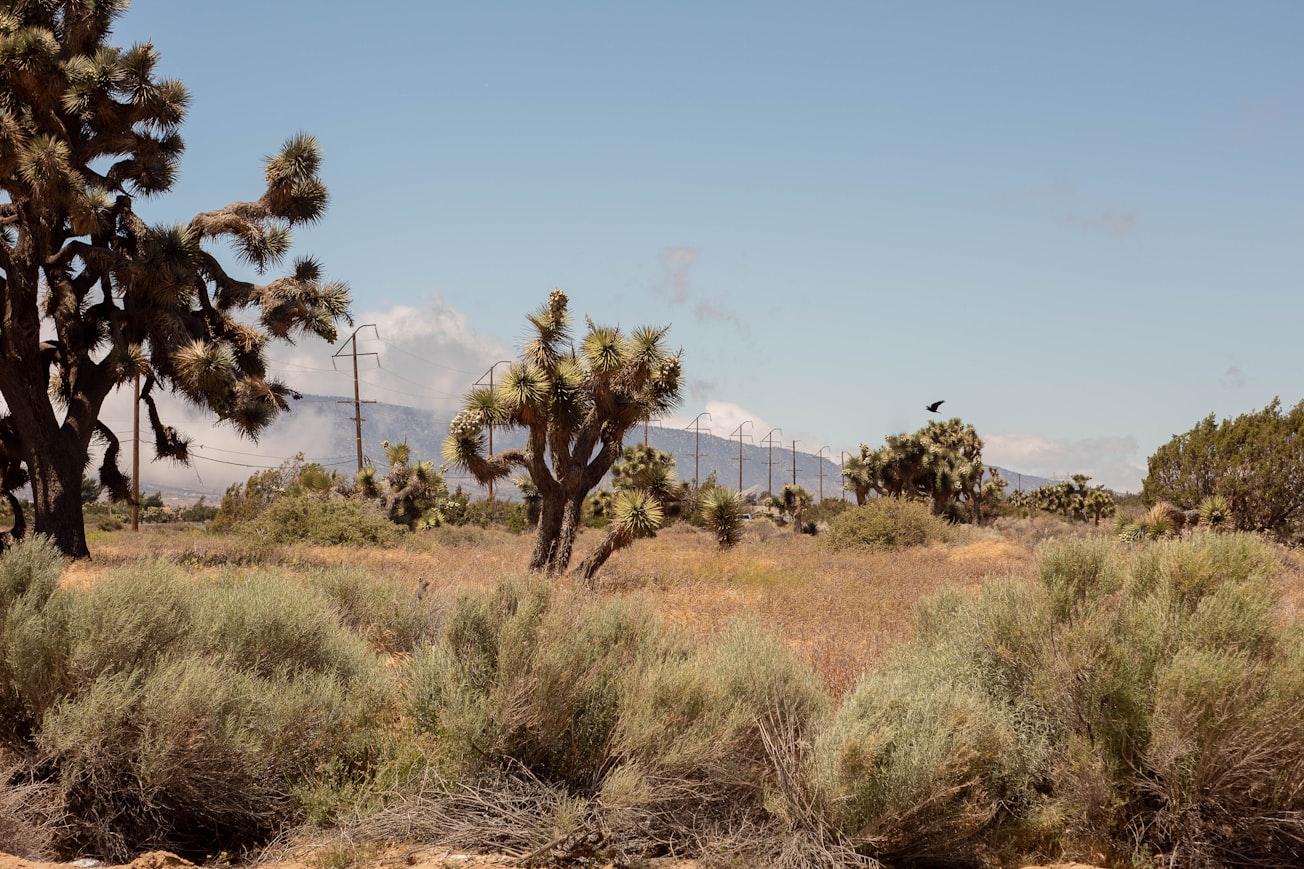What is it about?
This article considers how female practitioners of capoeira Angola in the “backlands” of Bahia, Brazil struggle against gendered domination in capoeira while maintaining fierce dedication to their capoeira practice and solidarity with male group members. Capoeira Angola is an Afro-Brazilian music-movement expression celebrated as a practice of Black resistance. However, while the form valorizes Blackness, it remains a space that privileges heteronormative masculinity, where most leaders and advanced players are men. As a result, capoeira’s valorization of Blackness does not necessarily extend to Black women, who remain severely underrepresented in groups across Brazil. I argue that the women in the group choose and define their own terms and modes of action to mobilize against gendered forms of domination. I describe the “guerreira tactics” (women warriors’ tactics) they use to claim the power of both their silence and their sounding to confront sexism in their community.
Featured Image

Photo by Daniel Cabanas on Unsplash
Why is it important?
I believe the article makes several significant contributions. For one, it weaves together cultural critique and ethnography, balancing the demands of each in order to navigate the tensions that sometimes arise when critical theory pushes against the ways actors conceive of their world. For instance, many women in the group critiqued feminism as an elitist movement that failed to address Black women’s concerns. Thus, while Black feminist theory drives my arguments, I do not claim the women as feminists, but rather use their own terms: for instance, “guerreira” describes both Black women activists and female capoeira players in Brazil.
Perspectives
Another contribution is my modeling of “co-performative witnessing,” a means of conducting critical ethnography. I have inserted myself into the text to reveal my presence and influence in the scenes I describe and how my observations are filtered through my own experiences as a white North American cis-woman researcher. At the same time, I decenter myself by privileging the perspectives of the women I write about. In sum, the article reveals women’s sonic practices of refusal, which are often overlooked or misrecognized, but are nevertheless significant for the ways in which they show how women creatively leverage the lessons of capoeira Angola to counter gendered domination and claim greater participation in the capoeira community.
Esther Kurtz
Read the Original
This page is a summary of: Guerreira Tactics: Women Warriors’ Sonic Practices of Refusal in Capoeira Angola, Women and Music A Journal of Gender and Culture, January 2020, Project Muse,
DOI: 10.1353/wam.2020.0014.
You can read the full text:
Contributors
The following have contributed to this page







